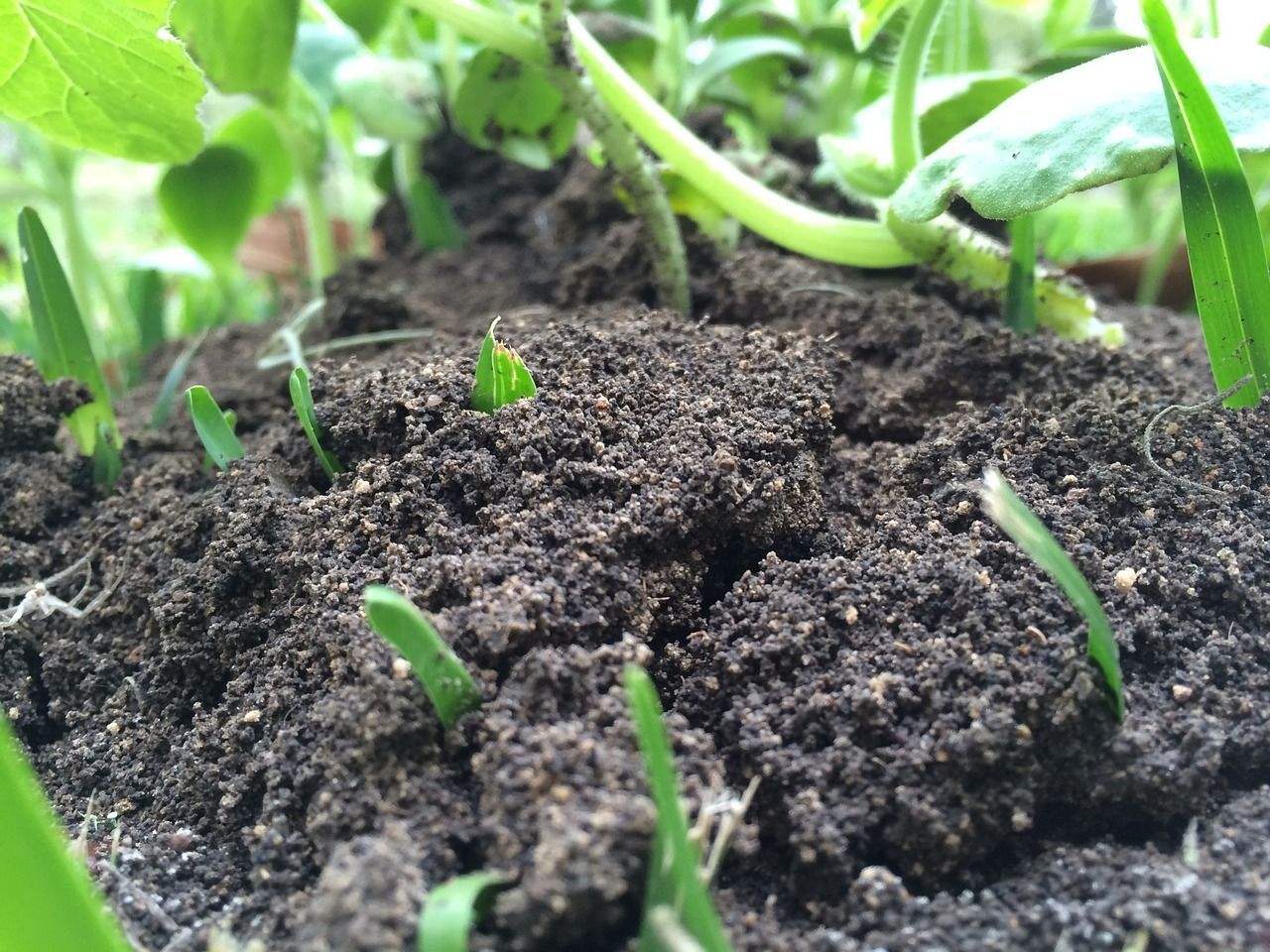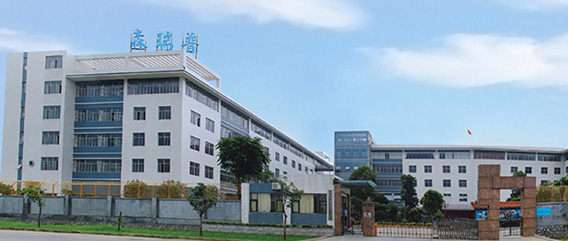Introduction
Moving into 2024, the fertiliser manufacturing companies, on a global level, do not only play an important role in increasing the efficiency of agricultural production across the world, but also more and more pay attention to incorporating innovation and green sustainability in their operations. This development is inevitable since the world faces increasing demands for higher agricultural outputs while respecting the environment and pursuing green sustainability.
In other words, the industry shift towards sustainability is in part anticipated and is driven by the desire improve continuity and profits while moving towards a more eco-efficient and eco-healthy production system. Innovations related to fertilisers (ie, new, more effective fertilisers) can be also important for sustainability.
‘It signals a real commitment to sustainability by fertiliser manufacturing giants,’ said James Peterson, a professor of agricultural sciences. ‘Their innovations in nutrient management could help reduce the global carbon footprint of farming.’ What follows is a discussion on who will lead the agriculture industry moving forward, and how innovation and sustainability can help us define that future.
The Criteria for Leadership in Fertilizer Manufacturing
High-quality leadership in the sector of fertiliser manufacturing is increasingly not a question of current market share or profit levels, but rather a question of innovation in product development and further integration of sustainability. Fertiliser producing companies at the top are those that not only produce high quality and effective fertilisers, but also go out of their way to reduce their environmental footprints and increase the sustainability of agricultural practices that they are helping to develop.
Innovation in Product Development
Leading companies place substantial resources into RD, innovating new kinds of fertilisers that yield a greater amount of food with less environmental harm. These could be slow-release formulas that provide nutrients to plants over a longer period of time. It would cut back on runoff and the frequency of application. Some of the newest fertiliser options on the market are bio-based, which refers to fertilisers made up of organic or biological materials, which are expected to exert less of an environmental toll than their chemical counterparts.
Emphasis on Sustainable Practices
Fertiliser manufacturing for sustainability is not solely about the output, but about every step along the way. Industry leaders are increasing the use of renewable energy, decreasing waste through better manufacturing processes, and recycling whatever by-products they can. Companies with these priorities often set industry standards and define what markets expect.
Environmental sustainability is closely linked to the technologically enhanced production of fertiliser. As Rebecca Long, an expert in environmental technology, puts it: ‘The incorporation of advanced technologies in the production of fertiliser not only decreases the costs of production but also enhances efficiencies and drastically decreases environmental side effects.’ For example, AI and IoT can enable precise precision agriculture – the management of crops based on real-time weather and soil data, and the sustainable usage of fertilisers based on the actual nutrient uptake by crops.
These qualities not only define the role of a leader in the fertilizer industry, but they also speak to the future of fertiliser innovation and sustainability.

Profiles of Top Fertilizer Manufacturing Companies
As of 2024, the prominent fertiliser manufacturing companies aren’t just those with the largest market share, but also those that have reinvented the industry in terms of efficiency and sustainability. Their technologies and strategies has set a new benchmark.
Leading Companies in Innovation and Sustainability
SHANDONG LOYAL CHEMICAL CO., LTD: In terms of fulfilling the requirements of eco-friendly production, we’re glad to say that we’re part of the solution, not part of the problem. SHANDONG LOYAL CHEMICAL CO., LTD has spent the last decade working to integrate sustainability into our firm’s strategic framework. It’s no news that many global agricultural chemists are focused on growing more and more organic produce, using as much water as possible to pollute planet Earth.Since eco-friendly resource management is vital to our firm’s position from the global perspective, to date we have implemented several advancement in waste reduction technology into our production mix.
GreenGrow Fertilizers: Renowned for its cutting-edge biotechnological research, GreenGrow Fertilizers has created a suite of organic-based inputs to meet the surging demand for chemically-minimalistic agricultural solutions. They improve soil health and drive down inputs of agrochemicals, making them a hit with conscientious farmers.
EcoFert Inc: This company has developed an effective liquid fertiliser that boosts the absorption of nutrients. Their fertiliser goes through a special application process to increase both the absorption of nutrients and the quality of the end product. To avoid issues such as leaching and runoff (which pollute water bodies), they developed their fertiliser with an intent to minimise the impact of pollution on our local water bodies.
VitaNourish Corp: Micronutrient-rich fertilisers. VitaNourish Corp is a leading developer of fertilisers that are rich in micronutrients. Farmers can use these formulations to replenish soil, which in turn will allow the plants to grow healthier and longer, contributing to higher agricultural production.
Spotlight on SHANDONG LOYAL CHEMICAL CO., LTD
SHANDONG LOYAL CHEMICAL CO.,LTD is especially notable for its commitment to sustainability and green building and manufacturing processes. The company has already installed solar energy capacity to account for a portion of manufacturing energy needs and now sets an industry leadership benchmark for sustainable usage of renewable energy resources. Shandong Loyal Chemical’s sustainable manufacturing strategy also takes account of the management of their supply chain for all raw materials to ensure responsible sourcing methods.
These profiles reveal the cutting-edge innovation and sustainability of CHS Fertilizer – thereby showcasing how fertiliser is advancing sustainable agriculture, not only now, but for decades to come. These companies are not just advancing sustainable farming practices, but advancing agricultural sciences for the future.
Technological Innovations in Fertilizer Manufacturing
The fertiliser manufacturing companies in 2024 aren’t just the biggest producers but also pioneers in technological innovation. Besides, many emerging fertiliser manufacturing technologies are revolutionizing fertiliser production in regard to both the efficiency of the production process and the degree of reduction in the environmental impact inherent in fertiliser manufacturing.
Advanced Chemical Formulations
It’s leading to innovation in formulations: for instance, some companies are creating fertilisers that contain several nutrients in one for delivering a healthy balanced ‘diet’ for a crop, minimising feed requirements. And in a world where ‘leaching’ of nutrients such as nitrogen from older fertiliser types into water is a major environmental problem, this approach can also help mitigate that issue.
Precision Application Methods
The application of fertilisers has also been transformed with the use of technology and precision agriculture tools, such as unmanned aerial vehicles (UAVs, or drones) and sensors, which enable fertiliser application for each part of space and time limited to the precise needs required by the specific soil and the plants growing on it.
For instance, AgriTech Solutions uses their drone technology to create Digital Terrain Maps of field condition, which provides real-time data to farmers to optimise fertiliser spread patterns, and ensure that fertiliser usage is optimised, leading to increased crop yields while at the same time reducing environmental pollution.
Production Efficiency
Another way that technology boosts production is by help companies make greater use of automated systems and artificial intelligence in managing production processes. These systems can track how production is occurring in real time, monitoring it and making changes while the process is ongoing so as to increase energetic efficiency and minimise residual waste.
Impact on Reducing Environmental Impact
And it’s important to recognise that when these technologies are combined into a system, they not only promote productivity but also play a role in sustainability. By reducing the amount of fertiliser jettisoned into aquatic ecosystems and boosting nutrient uptake by crops, technology serves to alleviate what is arguably the number one environmental challenge of modern agriculture: water pollution.
The technological improvements made by production companies are also raising the bar for the manufacturing of fertilisers as they demonstrate that active system control can hugely improve agricultural productivity without compromising environmental health.

Sustainability Practices Among Leading Companies
As 2024 rolls around, the technology-driven fertiliser manufacturing companies driving the revolution are not only technologies but also deeply ingraining sustainability into the fabric of their business operations, as well as significantly reducing environmental footprints.
Resource Management
Efficient resource utilisation is key. Leading corporations have developed state-of-the-art systems to manage and monitor the use of water, energy and raw materials. SHANDONG LOYAL CHEMICAL CO., LTD , for example, has set up a closed-loop water system that allows water used in the manufacturing process to be recycled, helping to dramatically lower water usage.
Waste Reduction
Waste reduction is another critical focus. As a result of demanding standards set by leading manufacturers, waste products generated in the manufacturing process are either being recycled back into the production cycle, or have been processed into usable materials or new products. This minimises waste, while also adding value to the production process.
Eco-Friendly Packaging
Another emerging trend is the substitution of environmentally friendly packaging materials for the conventional ones. Eco-friendly packaging is one of the major trends among top fertiliser manufacturers who focus on utilising biodegradable and recyclable material for the packaging of different fertiliser types. This reduces the amount of plastic waste that pollutes the environment.
Case Studies of Successful Sustainability Initiatives
Based on these success stories, it is possible to see the extent to which these sustainability actions help technological production lines to be more inclusive within the local society: EcoFert has partnered with several local communities on the use of by-products resulting from its manufacturing process in community gardens which promotes waste reduction and green spaces to boost liveability within urban areas, a key aspect of sustainable urban development.
Another example is VitaNourish Corp, which runs its factories on a zero‑waste basis, after redesigning its manufacturing processes so that there is no waste to begin with.
These kind of sustainability practices illustrate how although the large fertiliser manufacturing companies are profit-driven, they are also genuinely trying to limit their carbon footprint. Their overall approach ensures that this industry remains an important but moderated element of the global quest for sustainable agricultural practices.
Conclusion
As we reviewed the advances of the Top fertiliser manufacturing companies in the year 2024, we can see that innovation and eco-consciousness are no longer a mere dream but an integral element to the operational tactics in this field. These companies have embraced the latest technology and cultivated the latest practices, not only in their factories but also in their corporate objectives by making eco-stewardship an integral part to their business framework.
Their contributions and leadership have shown the way towards hi-tech solutions for sustainable agriculture. Their achievements in offering solutions to help reduce the carbon footprints, improve efficiency, and recycle resources, solidify their position in shaping the future of agriculture. For example, SHANDONG LOYAL CHEMICAL CO., LTD is a container for reforming the fertiliser industry with digitalization, energy utilization, and resource utilization since founded in 1997. EcoFert Inc is a sustainability leader for a better world with a portfolio of world-class organic products.
In the years ahead, the fertiliser manufacturing titans – now smaller in number – will remain at the centre of the international effort to feed a growing population in an increasingly environmentally conscious world.
To sum up, these companies lead the way in 2024 on how modern agricultural companies can help us to build a greener planet. Their continuous innovations and endeavours for environmental sustainability not only help them succeed in business, but also add positive power to the global fight against environmental degradation.
Here are some resources related to organic lawn fertilizer companies:
- Web Soil Survey by the USDA Natural Resources Conservation Service (NRCS): This tool offers a wealth of soil data and information which can be crucial for understanding the best organic practices for lawn care. You can explore detailed soil surveys which are helpful for choosing the right organic fertilizers based on soil type.
- USAJOBS: While primarily a job listing platform for federal positions, it can occasionally list jobs or projects related to organic agriculture or environmental sustainability that may involve organic fertilizer companies.
- EarthExplorer by the US Geological Survey (USGS): This resource provides access to a variety of environmental data, including land use maps and satellite imagery, which can help in researching areas where organic lawn care practices are prevalent or needed.







